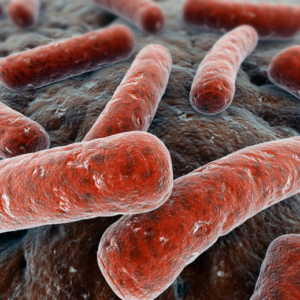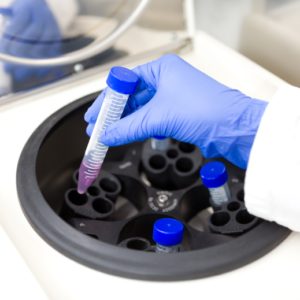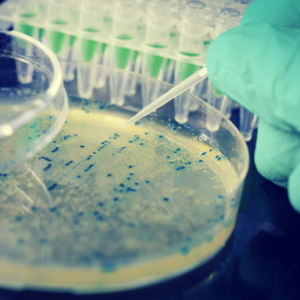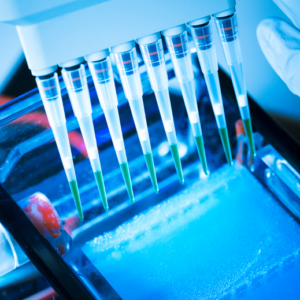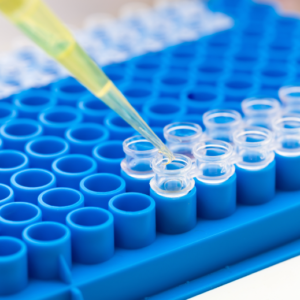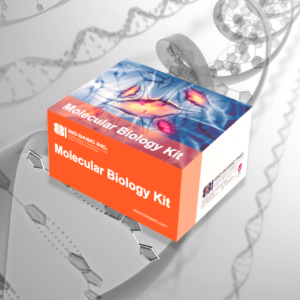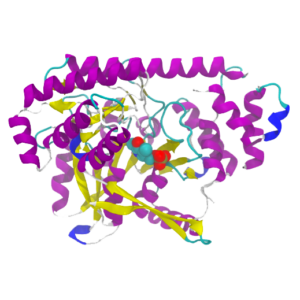M-CSF, murine (mouse): Macrophage Colony Stimulating Factor (M-CSF), also named CSF-1, is a hematopoietic growth factor that is involved in the proliferation, differentiation, and survival of monocytes, macrophages, and bone marrow progenitor cells. It is produced by osteoblasts (as a result of endocrine stimulation by parathyroid hormone) exerts paracrine effects on osteoclasts and can interact with CSF1R. M-CSF is a four α-helical bundle cytokine and its active form is found extracellularly as a disulfide-linked homodimer. Four transcript variants encoding three different isoforms have been reported for M-CSF gene. Although forms may vary, all of them contain the N-terminal 150 a.a. portion that is necessary and sufficient for interaction with the receptor. The first 229 a.a. of mature mouse M-CSF shares 87 %, 83 %, 82 % and 81 % sequence identity with corresponding regions of rat, dog, cow and human M-CSF, respectively. Human M-CSF is active in the mouse, but mouse M-CSF is reported to be species-specific. UnitProt ID: Q3U4F9

£264.00 exc. VAT
10ug
| CAS | |
|---|---|
| Grade | |
| HS Code | 2937.19.0000 |
| Manufacturer | Bio Basic |
| Pack Size | 10ug |
| Shipping Conditions | ICE |
| Sterile | yes |
| Storage Conditions | (-15 to -20)C |
| UNSPSC Category | Other Cytokines and Chemokines |
| UNSPSC Code | 41116127 |
| DG | |
| Hazard Class | |
| Hazard UN |

